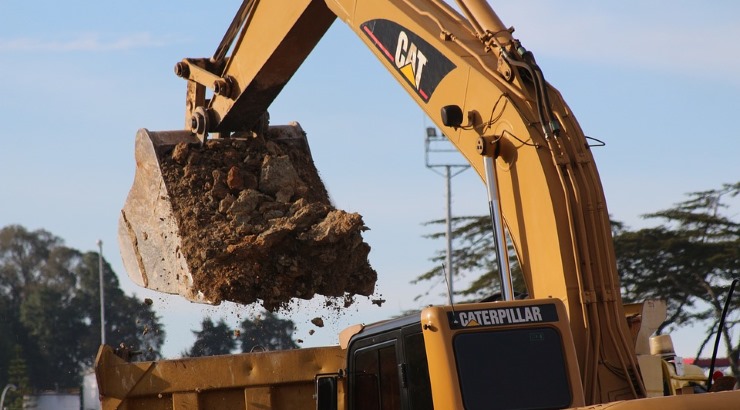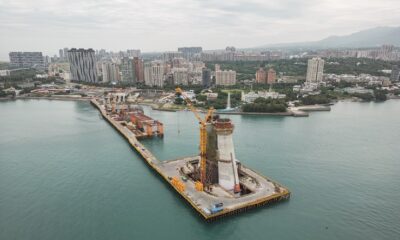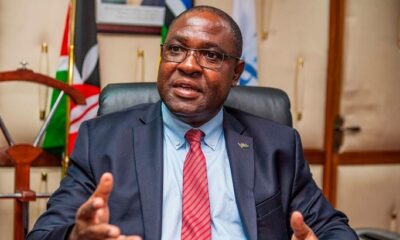Infrastructure
South Korea Takes On China in Fight for Kenya’s Big Projects
KIND has opened its fourth overseas office in Nairobi.

A State corporation that funds overseas investment projects of South Korean construction companies has opened its fourth overseas office in Nairobi as it eyes mega Public-Private Partnership (PPP) projects in Kenya.
The Korea Overseas Infrastructure and Urban Development Corporation (KIND) says it will use its Kenya office to hunt for big ticket projects that are currently dominated by Chinese multinationals.
“We are looking into four major deals this year and Kenya is both strategic and full of business opportunities considering the infrastructure gaps that exist within the country,” KIND Executive Vice President Han Kyu Lim said.
Mr Lim said the Nairobi office will act as a facilitator, coordinator and investor for PPP projects in Kenya.
“Our PPP model means we are part of the investment and this is going to be a game changer,” he said during the launch of the bureau on Friday.
KIND’s Nairobi office will be its first in Africa and fourth globally after Uzbekistan, Indonesia and Vietnam.
Seok Hong Sung, the managing director of KIND Nairobi said South Korea will seek to become a catalyst for sustainable PPP deals.
“We will serve as a bridgehead for growth through Kenya infrastructure development based on cooperation with governments and our partners,” he said.
China’s dominance
The entry of the Asian Tiger into Kenya’s construction business is likely to jiggle China’s dominance in the marketplace considering that the Kenyan government is now keen on PPP deals as a substitute for costly project loans.
Under the PPP model, an investor designs, finances, builds, operates, and maintains a facility for 15-20 years to recoup his investment before handing over the facility to the State.
While this model frees the government of the burden of raising funds for a project, it has some risks that can undermine the financial returns of a project.
For example, an investor who builds a toll road may record fewer users than expected. If the investor agreed to pay a fee no matter the demand, that partner bears a huge financial risk.
It is out of these fears that Chinese builders are slowing down on their bids for Kenyan infrastructure projects in favour of other sectors such as manufacturing and ICT that have clearer financial returns.












